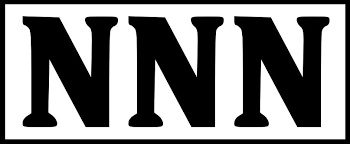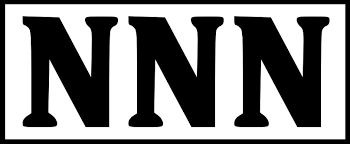LAGOS, Nigeria — Nigeria don announce say dem don fully settle the $3.4 billion emergency loan wey dem borrow from International Monetary Fund (IMF) for 2020. Dem pay the last installment wey come early on April 30, 2025. This loan na part of di Rapid Financing Instrument (RFI) wey dem take during COVID-19 pandemic to help cushion economy from oil price crash and recession wahala.
IMF don confirm say Nigeria no dey for di debtor list again. Dis one show say di country don really dey manage im finances well, but di challenge no end here.
As of December 2024, Nigeria still dey owe total of N74.38 trillion in domestic debt and $44.9 billion in external debt, according to di latest report from di Debt Management Office (DMO). Dis go show say even as dem don pay di IMF debt, Nigeria still get serious financial responsibility wey e need to address.
Nigeria’s domestic debt na mostly FGN bonds, wey take about 75% of di total. Dis na serious reliance on di bond market to cover budget deficits.
Despite di repayment of di IMF loan, di external debt still dey heavy, with di country owing $44.9 billion. Di top five creditors still dey watch Nigeria closely, because e get exposure to commercial debt markets through Eurobonds, wey dey cause higher interest rates and risk for refinancing.
According to IMF, even though di principal loan don clear, Nigeria still dey obligated to dey pay around $30 million every year in Special Drawing Rights (SDR) charges until 2029. Dis na norm for IMF loans.
Tins wey dey cause dis high debt profile na devaluation of di naira, high budget deficits, and need to refinance maturing short-term securities. Di government dey borrow both locally and abroad to manage dis pressure.
Even as dis repayment shine small light on Nigeria’s image in di global financial circles, analysts dey warn say di overall debt sustainability still dey worrisome. Di government still face high debt service burden as Eurobond maturities dey approach with global interest rates still high.
To truly reduce reliance on borrowings, Nigeria need to diversify revenue, manage recurrent spending, and implement better reforms. A debt fit help growth, but e gatz be handled well.
“Dis repayment no be total solution, we still get plenty debts hanging. Na only when we manage dis carefully we go fit see real progress,” Dr. Oluseye Ajuwon, economist from African School of Economics, talk.
“We gatz ensure say di funds wey we borrow go into productive areas, especially infrastructure. Dis na crucial for future growth,” Dr. Muda Yusuf, Director of Centre for di Promotion of Private Enterprises, add.
Do you have a news tip for NNN? Please email us at editor @ nnn.ng


